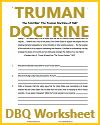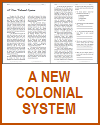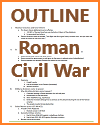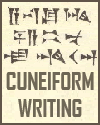The Boston "Tea Party" |
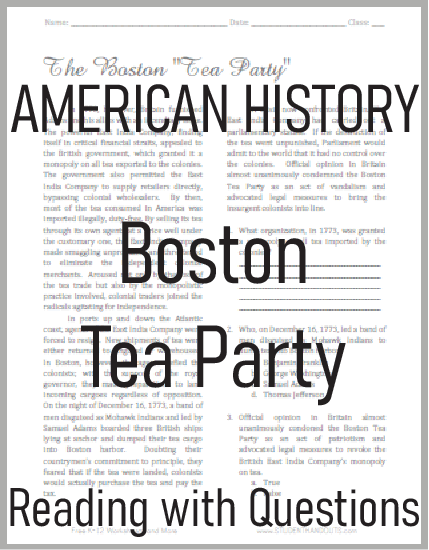 In 1773, Britain furnished Adams and his allies with an incendiary issue. The powerful East India Company, finding itself in critical financial straits, appealed to the British government, which granted it a monopoly on all tea exported to the colonies. The government also permitted the East India Company to supply retailers directly, bypassing colonial wholesalers. By then, most of the tea consumed in America was imported illegally, duty-free. By selling its tea through its own agents at a price well under the customary one, the East India Company made smuggling unprofitable and threatened to eliminate the independent colonial merchants. Aroused not only by the loss of the tea trade but also by the monopolistic practice involved, colonial traders joined the radicals agitating for independence.
In 1773, Britain furnished Adams and his allies with an incendiary issue. The powerful East India Company, finding itself in critical financial straits, appealed to the British government, which granted it a monopoly on all tea exported to the colonies. The government also permitted the East India Company to supply retailers directly, bypassing colonial wholesalers. By then, most of the tea consumed in America was imported illegally, duty-free. By selling its tea through its own agents at a price well under the customary one, the East India Company made smuggling unprofitable and threatened to eliminate the independent colonial merchants. Aroused not only by the loss of the tea trade but also by the monopolistic practice involved, colonial traders joined the radicals agitating for independence.In ports up and down the Atlantic coast, agents of the East India Company were forced to resign. New shipments of tea were either returned to England or warehoused. In Boston, however, the agents defied the colonists; with the support of the royal governor, they made preparations to land incoming cargoes regardless of opposition. On the night of December 16, 1773, a band of men disguised as Mohawk Indians and led by Samuel Adams boarded three British ships lying at anchor and dumped their tea cargo into Boston harbor. Doubting their countrymen's commitment to principle, they feared that if the tea were landed, colonists would actually purchase the tea and pay the tax. A crisis now confronted Britain. The East India Company had carried out a parliamentary statute. If the destruction of the tea went unpunished, Parliament would admit to the world that it had no control over the colonies. Official opinion in Britain almost unanimously condemned the Boston Tea Party as an act of vandalism and advocated legal measures to bring the insurgent colonists into line. Questions with answers in bold: 1. What organization, in 1773, was granted a monopoly on all tea imported by the colonies? British East India Company 2. Who, on December 16, 1773, led a band of men disguised as Mohawk Indians to dump tea into Boston harbor? a. Benjamin Franklin b. George Washington c. Samuel Adams d. Thomas Jefferson 3. Official opinion in Britain almost unanimously condoned the Boston Tea Party as an act of patriotism and advocated legal measures to revoke the British East India Company’s monopoly on tea. a. True b. False |
Click here to print this worksheet.
|
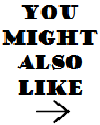 |
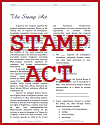 |
|---|
Text courtesy of the U.S. State Department,
Bureau of International Information Programs, 2005 |


